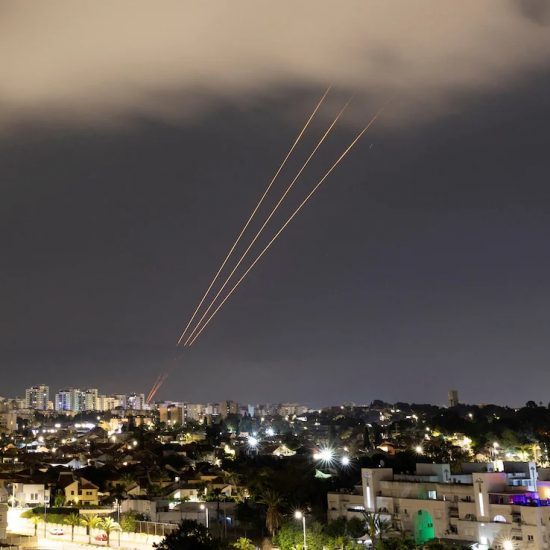As OPEC ‘s refusal to curb oil production contributes to a nine-month plunge in prices, a new paper suggests the group’s days may be numbered.
OPEC, the Organization of the Petroleum Exporting Countries, has vowed to defend its market share against higher-cost producers such as U.S. shale drillers and companies developing Canada’s oil sands. Its strategy hinges on the odds that an extended period of low prices will lead other producers to scale back output, enabling the group to reassert its influence. OPEC supplies about 40 percent of the world’s crude.

Yet a brief history detailed by the World Bank Group shows how difficult it can be to maintain a commodities cartel in the face of market forces and technological advances.
Take tin. Once upon a time, people wrapped their leftovers in it. Most beverage cans were made of it. Now that job falls primarily to aluminium, a lighter metal that’s less susceptible to corrosion. According to the World Bank, the rise of aluminium as a substitute was a driving factor behind the collapse in 1985 of the tin cartel, which was formed in 1954.

Or look at natural rubber. Its three key producers — Indonesia, Malaysia and Thailand — formed a producer group in 1979. Rubber prices, which are denominated in U.S. dollars, declined in the late 1990s due to weak demand amid the fallout from the Asian financial crisis. The World Bank notes this should have prompted production cuts, however the sharp devaluation in the members’ currencies caused local prices of rubber to increase, leading producers to expand output. The cartel collapsed in 1999.

And OPEC? The oil producers’ group was on full display during the twin oil shocks of the 1970s, when oil prices spiked. But the entry of new suppliers and squabbling between OPEC members eroded its influence over the next two decades, according to the World Bank. “There’s very little evidence that OPEC has been effective as a cartel for some time,” said Michael Levi, senior fellow for energy and the environment at the Council on Foreign Relations. “Saudi Arabia, once in a while, has stepped in to stabilize the market.”
The World Bank reckons unconventional and higher-cost players such as U.S. shale drillers and even biofuel producers may be the new swing producers in the oil market.
Still, OPEC’s fate isn’t completely sealed. It may benefit from the fact that, unlike other commodity producing groups, OPEC isn’t governed by a legal clause on how it can intervene in the market, giving it more flexibility to respond, according to the bank.
“The last time they were in a parallel situation, with oil prices plummeting in the 1980s, you had all these proclamations that OPEC was dead,” said Benn Steil, also at the Council on Foreign Relations, where he’s director of international economics. “Yet they weren’t, because when the fundamental forces of the business settled at a higher level of oil prices, they started to regain some relevance.”-Bloomberg






